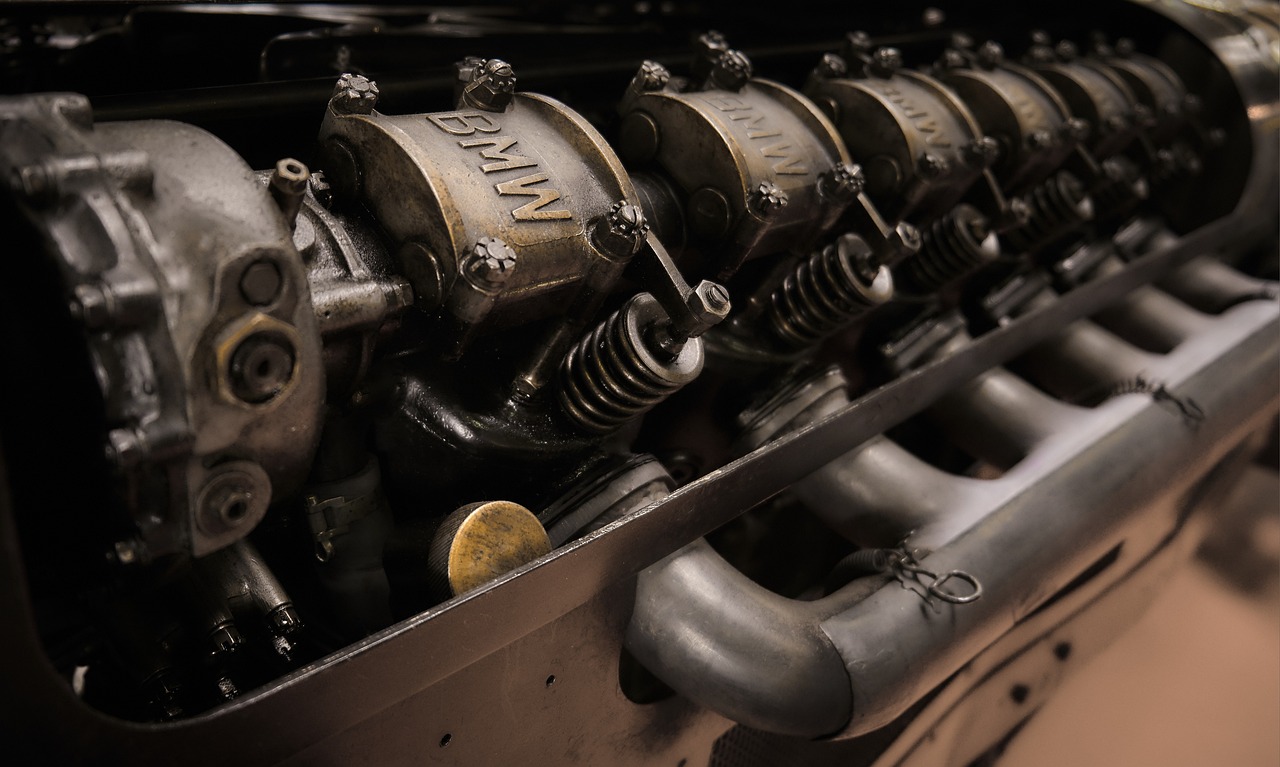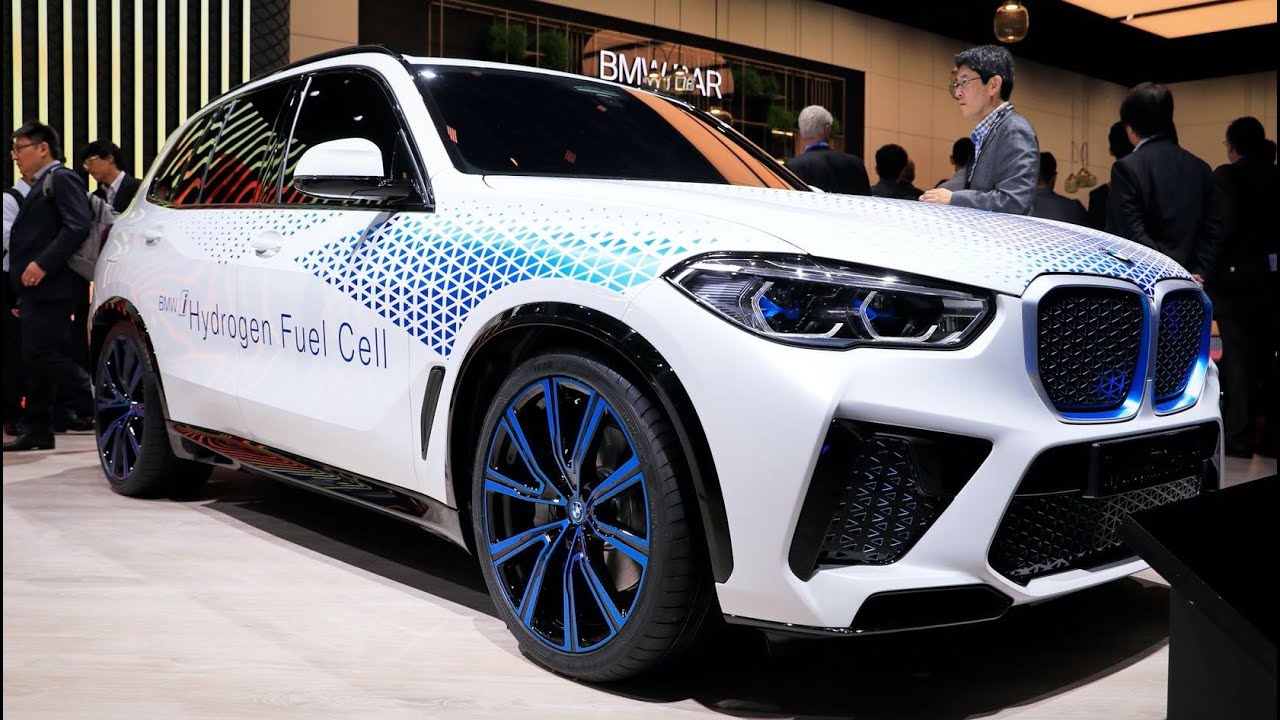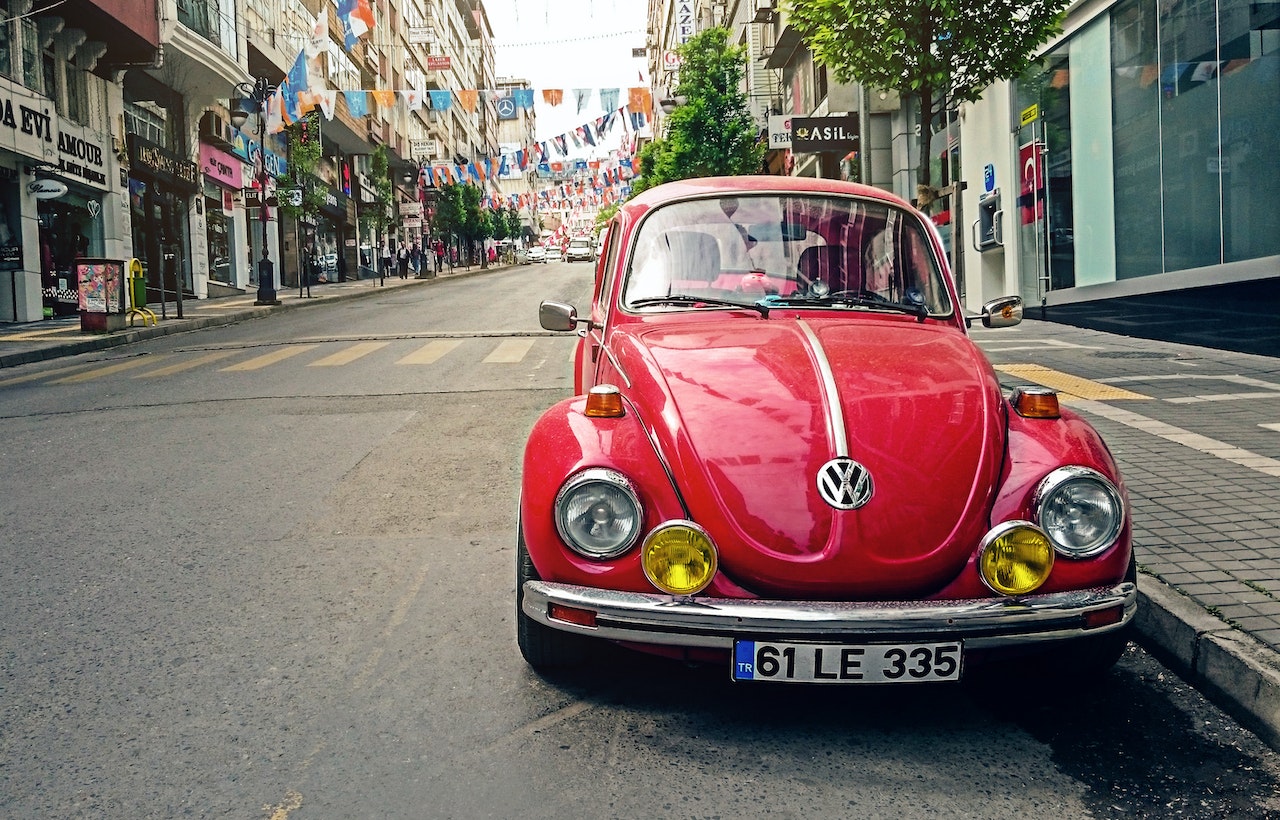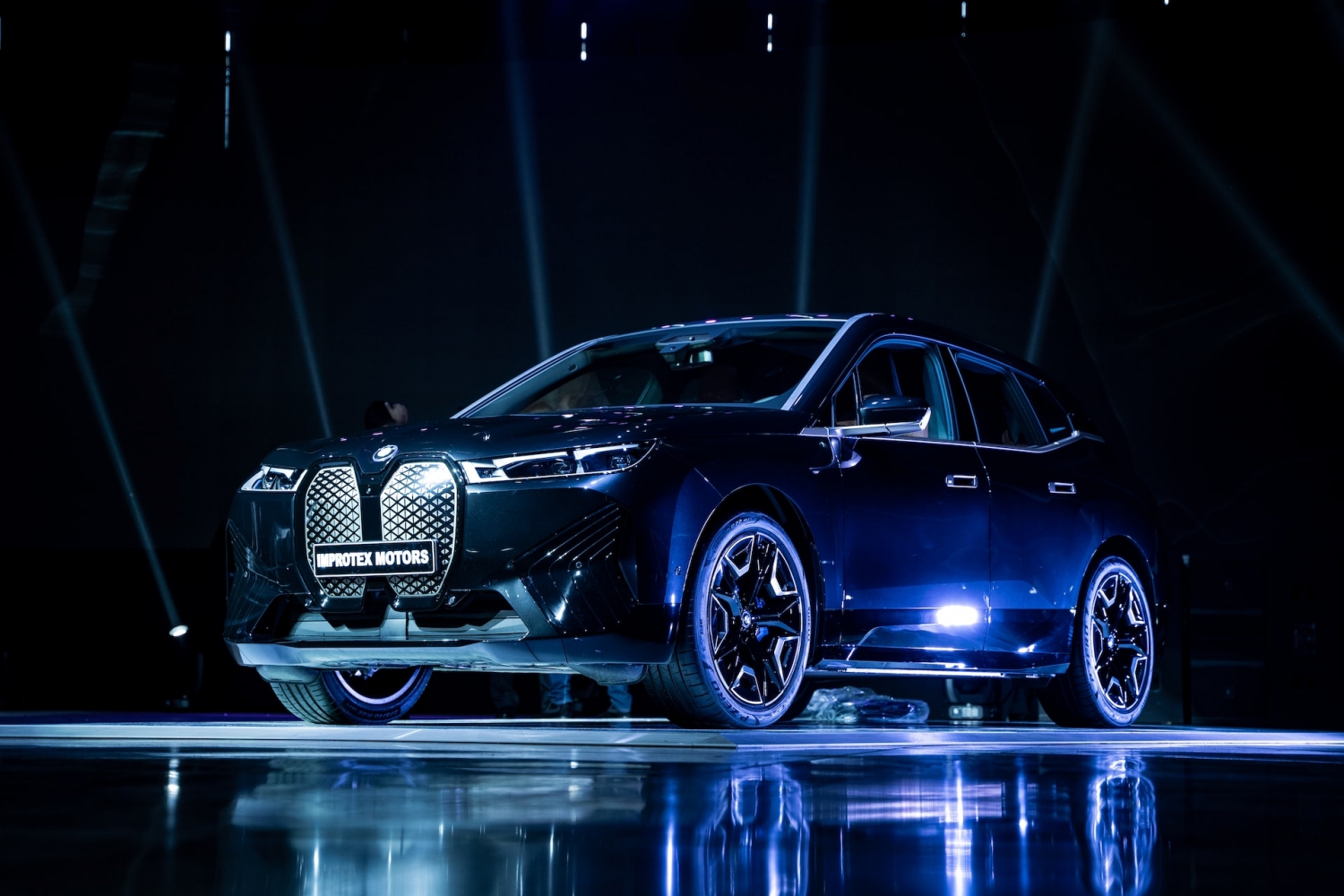BMW, a luxury car manufacturer boasts an illustrious and fascinating past that spans more than a century. Established in 1916 BMW (an abbreviation for Bayerische Motoren Werke or Bavarian Motor Works) initially focused on crafting engines for airplanes before venturing into the realm of automobiles during the 1920s. Since then BMW has flourished into a brand recognized for its exceptional engineering prowess, innovative designs and high performance vehicles.
In this article we shall delve deeper into BMWs journey. From its humble beginnings as an aircraft engine producer to its present day position, as a leading creator of opulent automobiles.

BMW 321 1939
Early History of BMW
BMW has a history that dates back to the early 1900s. It all began with Karl Rapp and Gustav Otto, who were working as engineers in the aviation industry. Rapp had his aircraft engine manufacturing company while Otto was involved in his familys engine manufacturing business. Eventually they joined forces. Formed Bayerische Flugzeugwerke AG (BFW) which later became BMW.
During the World War I era BMW played a significant role as a supplier of airplane engines to the German military. Their engines were renowned for their reliability and exceptional performance helping solidify BMWs position as an aviation industry leader.
However after the war Germany faced restrictions due to the Treaty of Versailles which limited military aircraft production. As a result BMW had to diversify its product offerings. Ventured into motorcycle production in 1923. Their first motorcycle model, the R32 garnered popularity and contributed to BMWs reputation for excellence.
In 1928 BMW made its entry into the automobile market with the release of the BMW 3/15—a car designed to be affordable and practical. In years BMW expanded its car range by introducing sports cars along, with luxurious sedans.
World War II and After
During the time of World War II BMW again played a crucial role as a major supplier of aircraft engines for the German military. Unfortunately Allied forces heavily bombed the companys factories resulting in production coming to a halt towards the end of the war.
Post war BMW faced the task of rebuilding its factories and operations from scratch. Their focus shifted towards manufacturing motorcycles and small cars. It was during the 1950s and 60s that BMW started gaining recognition as a leading producer of high performance vehicles.
In a move during the late 1960s BMW invested significantly in a state of the art manufacturing plant located in Munich. This advanced facility allowed them to enhance their production capacity and broaden their range of products.
The 1970s marked a milestone for BMW with the introduction of their first generation 3 Series and 5 Series vehicles. These cars quickly gained popularity solidifying BMWs renowned reputation, for exceptional engineering and performance.

BMW E21
Expansion and Diversification
During the 1980s and 90s BMW experienced growth by expanding its range of products and diversifying its business. The company made acquisitions of various automotive brands such as Rover, Land Rover and Mini while also venturing into new global markets.
Towards the end of the 1990s BMW made an investment in a cutting edge research and development center based in Munich. This center was renowned for being one of the most advanced facilities globally enabling BMW to innovate new technologies and products that would maintain their position as a leader in the automotive industry.
As the new millennium began BMW found itself in a position. With a product lineup, an international reputation for excellence in quality and performance and solid presence, across both luxury and mainstream automotive segments.
Recent History
Over the few decades BMW has consistently pushed the boundaries of innovation and growth. During the 2000s the company shifted its attention towards sustainable solutions and unveiled a lineup of hybrid and electric cars. Additionally BMW made investments in cutting edge technologies, like autonomous driving systems and digital services to maintain a competitive edge in the market.

BMW X5
Over the few years we have witnessed a significant growth in the popularity of SUVs and BMW has wholeheartedly embraced this trend with its X Series vehicles. The introduction of the X5 back in 1999 marked a move into the luxury SUV market, which has since been followed by the release of various other models within the X Series lineup.
Besides its core business BMW has also expanded its horizons into different domains like motorcycles, financial services and even ventured into car sharing through their service known as ReachNow. Furthermore BMW has made acquisitions of renowned automotive brands, including Rolls Royce back in 1998.
Despite encountering some challenges along the way such as a dip in sales within the market and heightened competition from fellow luxury automakers BMW remains an incredibly successful and highly regarded brand, within the automotive industry.
Modern history
BMW has been a force in the automotive industry since 2010 demonstrating remarkable progress, in both technological advancements and business growth.

BMW 5 Series
2010-2013:
In 2010 BMW unveiled the version of their 5 Series sedan, which garnered enthusiastic acclaim for its elegant aesthetics and cutting edge technological capabilities. Additionally the company introduced the i sub brand focusing on the development of hybrid vehicles. The inaugural model, from this sub brand was the i3, a fully electric car that hit the market in 2013.

BMW M3
2014-2016:
In 2014 BMW unveiled the X4, a luxury SUV that took inspiration from the beloved X3 model. Additionally they introduced an upgraded version of the X5, with refreshed aesthetics and cutting edge technological advancements. The year 2015 witnessed BMWs launch of the M2, a regarded sports coupe renowned by both critics and avid fans.

BMW 8 Series coupe
2017-2019:
In 2017 BMW unveiled the 5 Series Touring, a wagon variant of its received 5 Series sedan. The automaker also introduced the X2, a SUV aimed at capturing the interest of younger buyers. Moving on to 2018 BMW launched the 8 Series coupe, a high performance luxury sports car designed to rival renowned models like the Mercedes Benz S Class coupe and the Porsche 911. Additionally they introduced the X7, a spacious luxury SUV meant to compete with contenders such, as the Mercedes Benz GLS and the Audi Q7.
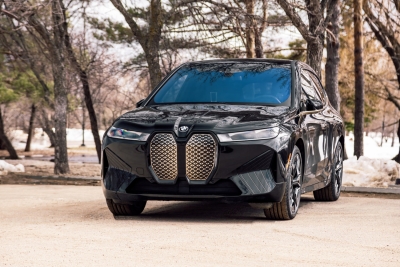
BMW iX 2022
2020-Present:
2020 saw the debut of BMWs 4 Series coupe showcasing a daring and divisive design that ignited discussions among critics and enthusiasts alike. Additionally they introduced the iX3, a rendition of their renowned X3 SUV. The year BMW unveiled the i4, an electric sedan aimed at competing with Teslas Model S. Praised for its impressive performance and sleek aesthetics the i4 boasted an impressive range of up to 300 miles on a single charge. BMW also made waves with their M3 and M4 models, featuring a grille design that sparked controversy.
Moving forward to 2022 BMW introduced the iX - a luxurious all electric SUV designed to rival Teslas Model X and Audis e tron. With its range spanning up to 300 miles per charge the iX was equipped with cutting edge technological features. Additionally BMW announced plans, for a generation of their compact SUV the X1 and an electric variant of their popular 3 Series sedan.
See also: 4 Reasons why you should buy a 2022 BMW iX
During this period BMW has made investments in various emerging technologies, such as autonomous driving systems, digital services and advanced materials. They have also diversified their business by venturing into sectors like electric and hybrid vehicles, motorcycles, financial services and car sharing. Although they have faced some obstacles in years like tough competition from other luxury automakers and a decline in sales in specific markets BMW continues to be a highly regarded and prosperous brand, within the automotive industry.
Conclusion
Throughout the hundred years BMW has experienced a remarkable transformation from a small manufacturer of airplane engines to one of the worlds leading creators of luxury cars. The companys unwavering commitment to producing high quality vehicles showcasing top notch performance and embracing innovation has allowed it to maintain its position in the automotive industry. By exploring markets and embracing cutting edge technologies BMW has successfully adapted to the ever evolving landscape ensuring its competitiveness. Undoubtedly as BMW faces novel and intricate challenges in the century its rich history of innovation and unparalleled excellence positions it as a significant contributor to the automotive industry, for many years ahead.
See also: BMW Hydrogen: The Future of Automotive





